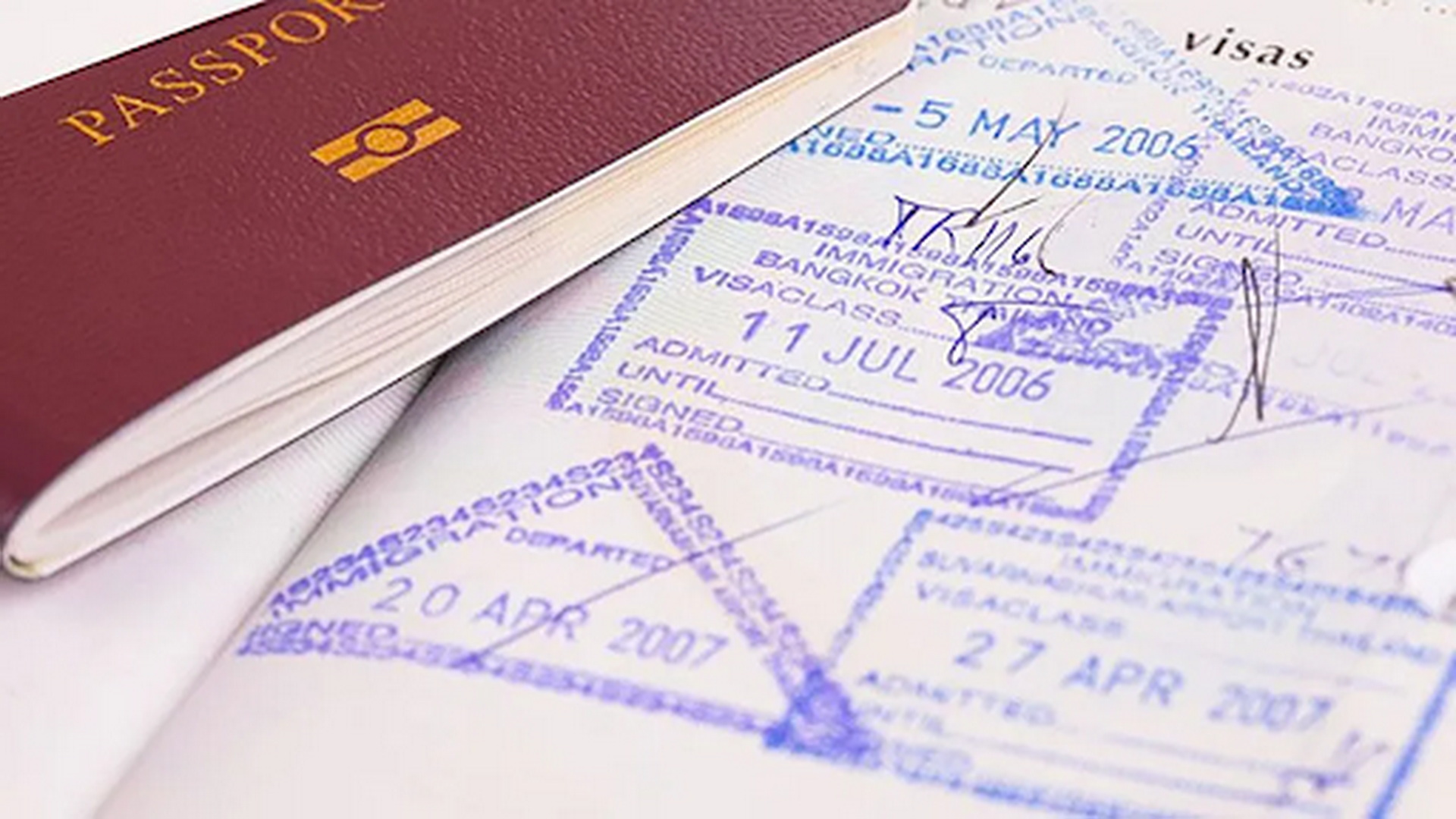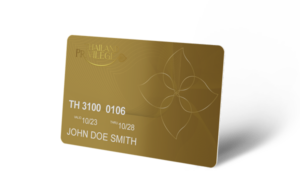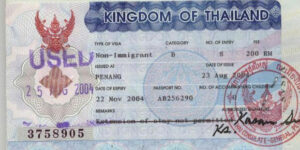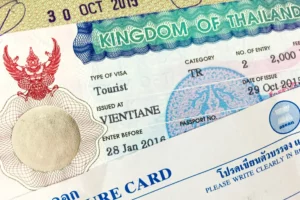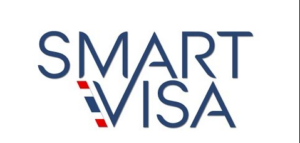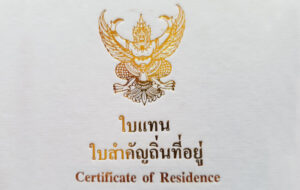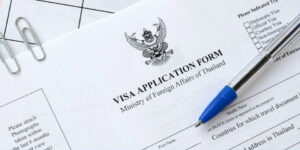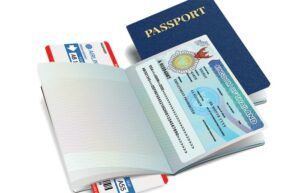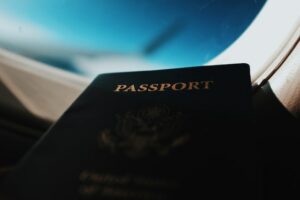One-Year Visa in Thailand. Thailand, with its vibrant culture, affordable cost of living, and tropical climate, is a popular destination for expatriates, retirees, digital nomads, and long-term travelers. For those planning to stay in the Kingdom for an extended period, the one-year visa offers a practical solution. However, navigating the various types of one-year visas, their eligibility criteria, and application processes can be complex. This article provides an in-depth exploration of one-year visa options in Thailand, covering the different categories, requirements, benefits, and strategic considerations for applicants.
1. Overview of One-Year Visa Options in Thailand
Thailand offers several types of one-year visas, each tailored to specific purposes and applicant profiles. The most common one-year visa categories include:
- Non-Immigrant Visa B (Business)
- Non-Immigrant Visa O (Retirement, Family, or Other Purposes)
- Non-Immigrant Visa ED (Education)
- Smart Visa (for Professionals, Investors, and Startups)
- Retirement Visa (Long Stay)
Each visa type has distinct eligibility criteria, application processes, and benefits. Understanding these differences is crucial for selecting the most suitable option.
2. Non-Immigrant Visa B (Business)
The Non-Immigrant Visa B is designed for individuals seeking to work or conduct business in Thailand. It is commonly used by expatriates employed by Thai companies, business owners, and investors.
2.1 Eligibility Criteria
- Employment: Applicants must have a job offer from a Thai company registered with the Thai government.
- Business Owners: Individuals establishing or managing a business in Thailand must provide proof of business registration and investment.
- Documents Required:
- Passport with at least six months validity.
- Work permit or proof of business registration.
- Letter of employment or business invitation.
- Financial statements or proof of investment.
2.2 Application Process
- Apply at a Thai embassy or consulate in the applicant’s home country.
- Submit the required documents and pay the visa fee.
- Upon approval, the visa is typically issued for 90 days, with the option to extend it to one year at a Thai immigration office.
2.3 Benefits
- Allows multiple entries within the one-year period.
- Enables the holder to work legally in Thailand.
- Can be extended annually, provided the employment or business continues.
3. Non-Immigrant Visa O (Retirement, Family, or Other Purposes)
The Non-Immigrant Visa O is a versatile visa category that caters to retirees, individuals with Thai family members, and other long-term stay purposes.
3.1 Retirement Visa (Long Stay)
- Eligibility Criteria:
- Applicants must be at least 50 years old.
- Proof of financial stability, such as a bank deposit of THB 800,000 (approximately USD 24,000) or a monthly income of at least THB 65,000 (approximately USD 2,000).
- Health insurance coverage meeting Thai government requirements.
- Application Process:
- Apply at a Thai embassy or consulate.
- Submit proof of age, financial stability, and health insurance.
- Upon approval, the visa is issued for 90 days, with the option to extend it to one year in Thailand.
3.2 Family Visa
- Eligibility Criteria:
- Applicants must have a Thai spouse, child, or parent.
- Proof of the family relationship (e.g., marriage certificate, birth certificate).
- Financial stability, such as a bank deposit or income proof.
- Application Process:
- Apply at a Thai embassy or consulate.
- Submit proof of the family relationship and financial stability.
- Extend the visa to one year at a Thai immigration office.
3.3 Benefits
- Allows long-term stay in Thailand.
- Can be extended annually, provided the eligibility criteria are met.
- Enables family reunification for spouses and children.
4. Non-Immigrant Visa ED (Education)
The Non-Immigrant Visa ED is designed for individuals pursuing education or training in Thailand, including language courses, university programs, and vocational training.
4.1 Eligibility Criteria
- Enrollment in a recognized educational institution in Thailand.
- Proof of admission or enrollment.
- Financial stability to cover tuition and living expenses.
4.2 Application Process
- Apply at a Thai embassy or consulate.
- Submit proof of enrollment, financial stability, and other required documents.
- Upon approval, the visa is issued for 90 days, with the option to extend it to one year.
4.3 Benefits
- Allows long-term stay for educational purposes.
- Can be extended annually, provided the applicant remains enrolled.
- Enables access to Thailand’s educational institutions and cultural experiences.
5. Smart Visa
The Smart Visa is a specialized visa category aimed at attracting highly skilled professionals, investors, and startup founders to Thailand. It offers a streamlined application process and extended stay periods.
5.1 Eligibility Criteria
- Smart T (Talent): Highly skilled professionals in targeted industries.
- Smart I (Investor): Investors in targeted industries with a minimum investment of THB 20 million (approximately USD 600,000).
- Smart E (Executive): Senior executives of companies operating in targeted industries.
- Smart S (Startup): Founders of startups endorsed by a recognized government agency or incubator.
5.2 Application Process
- Obtain pre-approval from the Thailand Board of Investment (BOI).
- Apply at a Thai embassy or consulate.
- Submit proof of qualifications, investment, or business activities.
5.3 Benefits
- Allows a stay of up to four years.
- Exempts the holder from the work permit requirement.
- Provides fast-track immigration services and other privileges.
6. Strategic Considerations for Applicants
6.1 Choosing the Right Visa
Selecting the appropriate visa category depends on the applicant’s purpose of stay, financial situation, and long-term goals. For example:
- Retirees should consider the Retirement Visa.
- Professionals and business owners may opt for the Non-Immigrant Visa B or Smart Visa.
- Students should apply for the Non-Immigrant Visa ED.
6.2 Financial Planning
Many one-year visas require proof of financial stability, such as bank deposits or income. Applicants should ensure they meet the financial requirements and plan accordingly.
6.3 Legal and Professional Assistance
Navigating the visa application process can be complex, particularly for first-time applicants. Seeking assistance from an experienced immigration attorney or visa agency can help ensure a smooth and successful application.
6.4 Compliance with Visa Conditions
Visa holders must comply with the conditions of their visa, such as maintaining financial stability, staying enrolled in an educational program, or continuing employment. Failure to comply can result in visa revocation or deportation.
7. Challenges and Common Pitfalls
7.1 Documentation Errors
Incomplete or inaccurate documentation is a common reason for visa denials. Applicants should carefully review the requirements and ensure all documents are properly prepared.
7.2 Financial Requirements
Meeting the financial requirements can be challenging for some applicants, particularly retirees or students. Proper financial planning and documentation are essential.
7.3 Changing Regulations
Thailand’s visa regulations are subject to change, and applicants must stay informed about the latest requirements and procedures.
8. Case Studies: One-Year Visa Success Stories
8.1 Retirement Visa
A 55-year-old retiree from the United States successfully obtained a Retirement Visa by demonstrating a bank deposit of THB 800,000 and purchasing health insurance. He now enjoys a peaceful retirement in Chiang Mai.
8.2 Non-Immigrant Visa B
A British entrepreneur established a business in Bangkok and obtained a Non-Immigrant Visa B. With the visa, he was able to legally manage his business and extend his stay annually.
8.3 Non-Immigrant Visa ED
A French student enrolled in a Thai language course at a university in Bangkok obtained a Non-Immigrant Visa ED. The visa allowed her to stay in Thailand for one year and immerse herself in the local culture.
9. Conclusion
The one-year visa in Thailand offers a practical solution for individuals seeking long-term stays in the Kingdom. By understanding the different visa categories, eligibility criteria, and application processes, applicants can choose the most suitable option and navigate the process with confidence. Whether for retirement, business, education, or investment, the one-year visa provides a pathway to enjoying Thailand’s rich culture, affordable lifestyle, and vibrant communities. With careful planning and professional assistance, applicants can maximize their chances of success and make the most of their time in the Land of Smiles.
